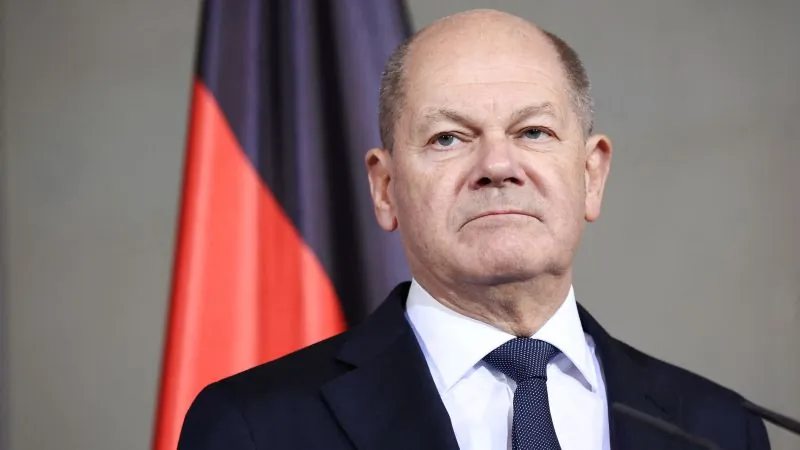
Chaos in German Politics: Olaf Scholz Faces Confidence Vote, Snap Elections Loom
2024-12-16
Author: Amelia
Introduction
In a dramatic turn of events, German Chancellor Olaf Scholz is set to face a confidence vote on Monday, with widespread expectations that he will not secure the necessary support. This outcome could lead to a snap election, potentially taking place as early as February 23 of next year.
Confidence Vote and Potential Outcomes
Scholz, the leader of the center-left Social Democrats (SPD), has called for the confidence vote himself. Should he lose, he will be required to urge Germany's President, Frank-Walter Steinmeier, to dissolve parliament, triggering new elections that must occur within 60 days.
Political Turmoil
The pressure on Scholz has escalated following the breakdown of Germany's ruling coalition just last month, sparked by fierce disagreements over the country’s ailing economy. The situation worsened when Scholz dismissed his finance minister, Christian Lindner, resulting in a precarious minority government alongside the Green Party. Consequently, the legislative process has nearly ground to a complete halt.
Deteriorating Approval Ratings
Initially, Scholz had proposed the confidence vote for January 15, but he faced intense pressure from the opposition, notably the center-right Christian Democratic Union (CDU), to expedite the proceedings. This urgency reflects a broader dissatisfaction that has been brewing among the German populace, as Scholz's management has significantly declined in approval ratings.
Polls and Predictions
Recent polls paint a grim picture for Scholz, with many labeling him one of the least popular chancellors in German history. If a snap election does take place, current forecasts indicate that the CDU, helmed by Friedrich Merz, is likely to emerge victorious. According to a recent Politpro poll, the CDU commands 31% of voter support, followed by the far-right Alternative for Germany (AfD) at 18%, Scholz’s SPD at 16%, and the Greens at 12%.
CDU’s Economic Proposals
The CDU, traditionally a robust force in Germany's political landscape, is advocating for policies aimed at rejuvenating the nation’s economy, proposing initiatives such as tax cuts and incentives to stimulate employment. Notably, Germany's economy shrank last year for the first time since the onset of the Covid-19 pandemic and is expected to contract again this year, according to European Union forecasts.
Resurgence of the AfD
The AfD is also experiencing a resurgence, recently making history as the first far-right party to win a state election in Germany since 1945, claiming nearly a third of the votes in the eastern state of Thuringia this September.
Conclusion
As Germany stands on the brink of political upheaval, with the last snap election occurring in 2005 under Chancellor Gerhard Schröder—who was defeated by Angela Merkel—it remains to be seen how the country will navigate this tumultuous climate. The eyes of the nation are now on Monday’s confidence vote, a significant crossroads that could reshape Germany's political landscape for years to come.
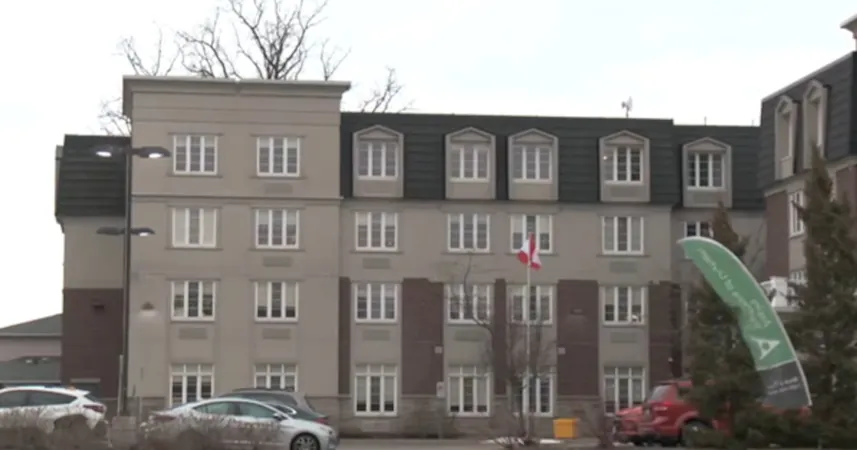

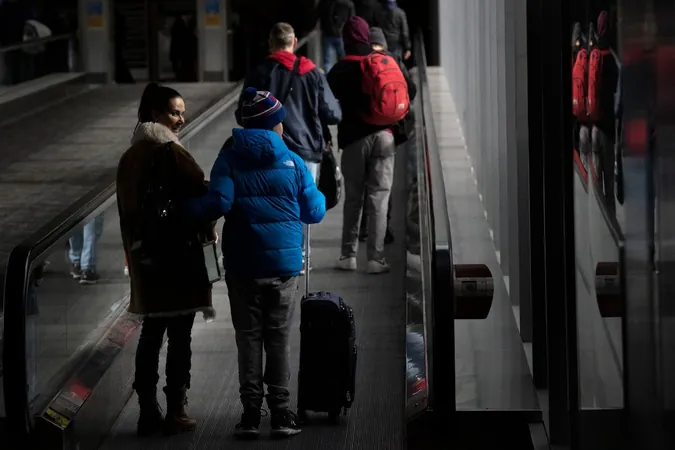
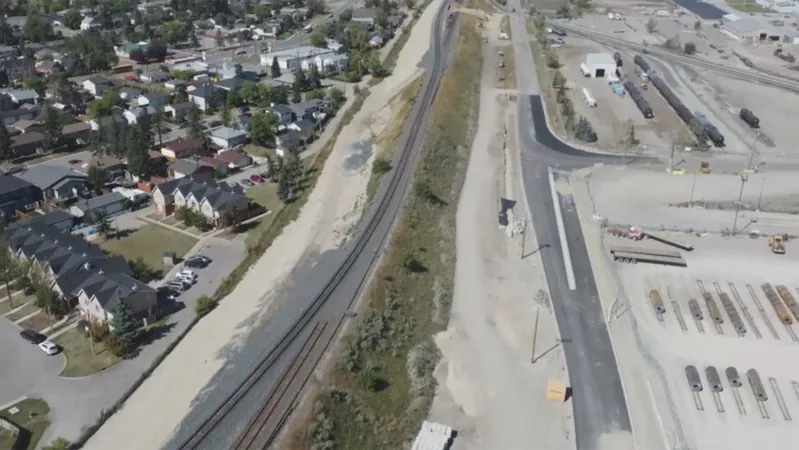


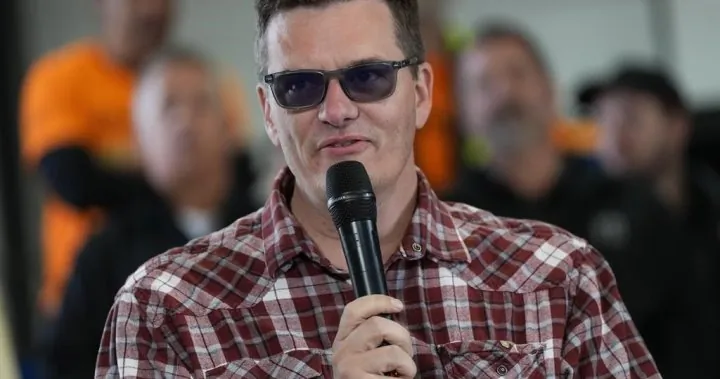

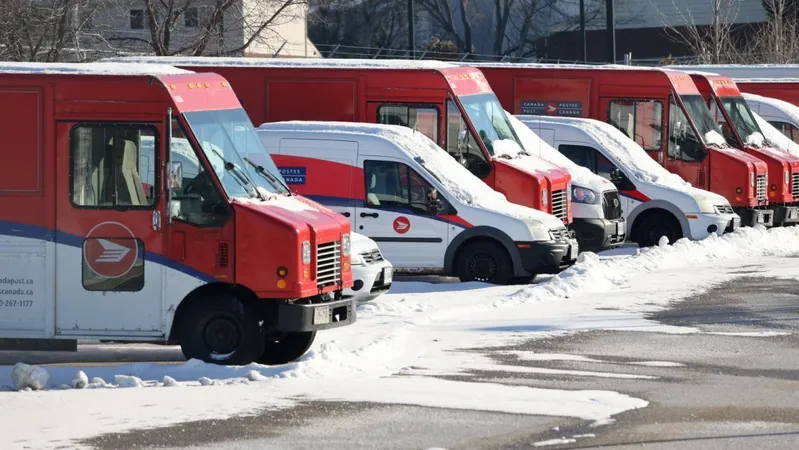
 Brasil (PT)
Brasil (PT)
 Canada (EN)
Canada (EN)
 Chile (ES)
Chile (ES)
 España (ES)
España (ES)
 France (FR)
France (FR)
 Hong Kong (EN)
Hong Kong (EN)
 Italia (IT)
Italia (IT)
 日本 (JA)
日本 (JA)
 Magyarország (HU)
Magyarország (HU)
 Norge (NO)
Norge (NO)
 Polska (PL)
Polska (PL)
 Schweiz (DE)
Schweiz (DE)
 Singapore (EN)
Singapore (EN)
 Sverige (SV)
Sverige (SV)
 Suomi (FI)
Suomi (FI)
 Türkiye (TR)
Türkiye (TR)